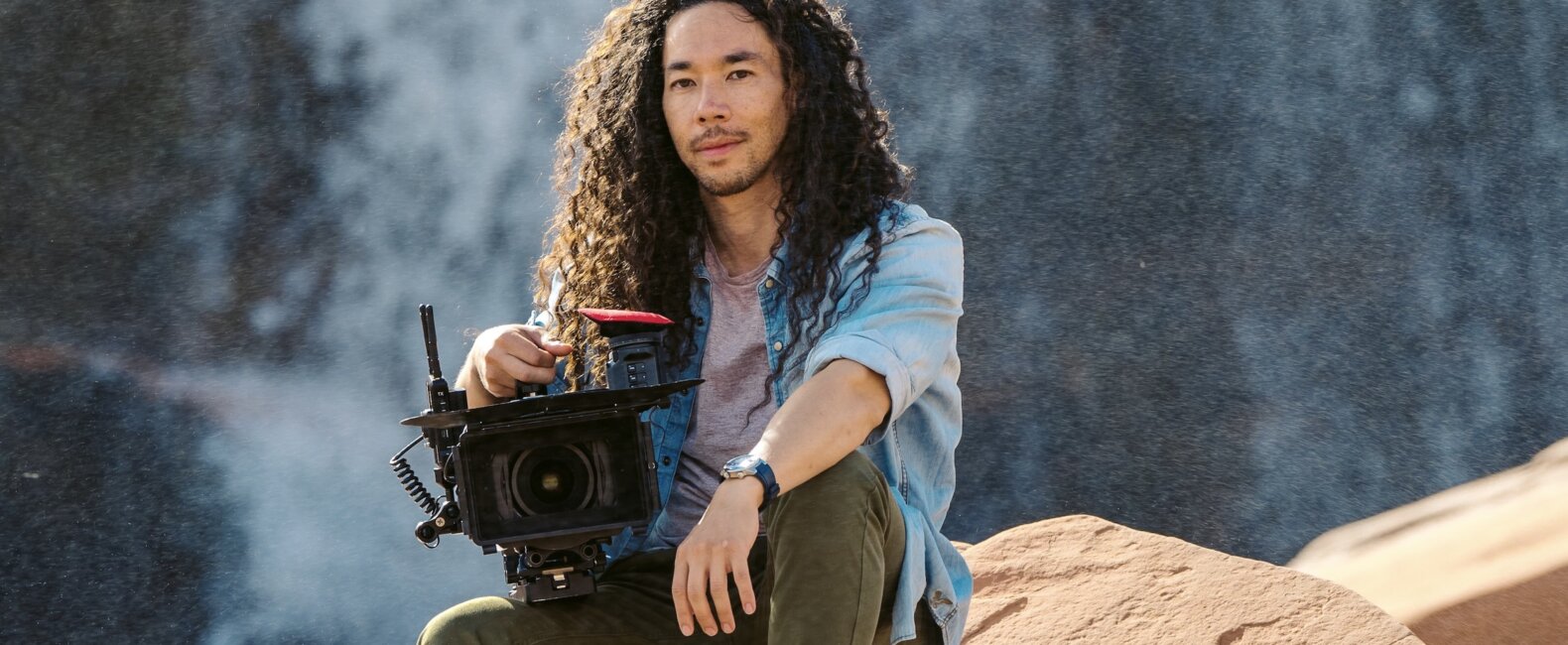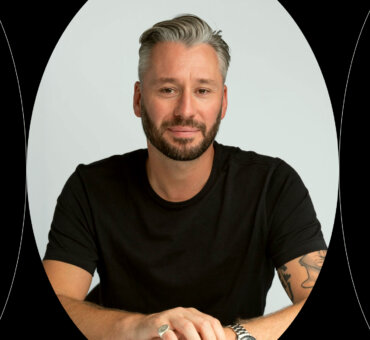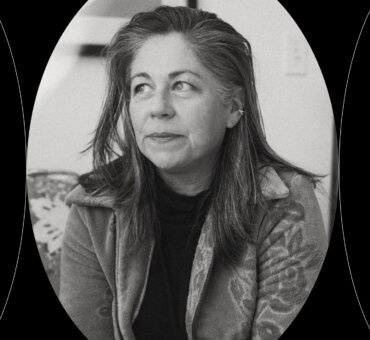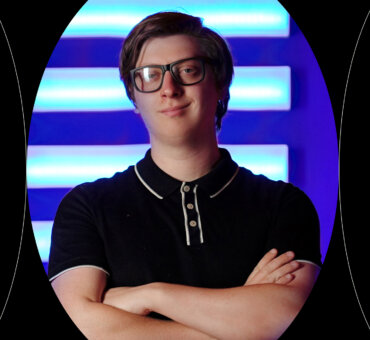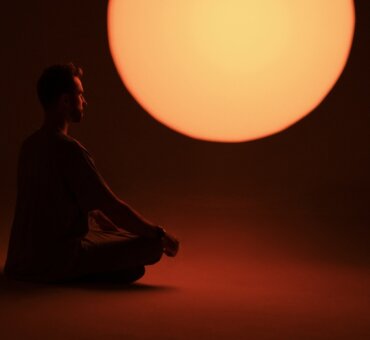Canadian filmmaker Cole Walliser’s story goes beyond just directing music videos for pop icons like Miley Cyrus, P!nk, and Katy Perry. He’s also the ingenious mind behind the GLAMbot, a high-speed camera that has revolutionized the way music videos are filmed. Read more about what keeps Cole motivated, his advice to new filmmakers, and how he uses Musicbed in his work.
Musicbed: What sparked your passion for filmmaking and storytelling?
Cole Walliser: I think as soon as I understood what filmmaking was—this idea of placing clips together to get a visceral response from the viewer—I was hooked. For me to shoot something and edit it and show it to someone and they have a reaction, I was like, oh, this is the coolest thing ever. I can sort of take a thing that I’m imagining, and put it together in a way that elicits a response.
What keeps you motivated and creatively inspired?
I’m motivated to always improve and always progress. I mean, there’s motivation in that because I always want to do it. So you’re always pushing forward to be inspired. That varies. You go through periods of being more inspired than others, but I view it as the career I’ve chosen as work. And so I work at it. There’s a huge misconception that inspiration drives great work. I think hard work drives great work. Inspiration makes it easier sometimes. Sometimes it makes you work longer. But if you wait around for inspiration to push you, I think you’re just not going to succeed in your career.
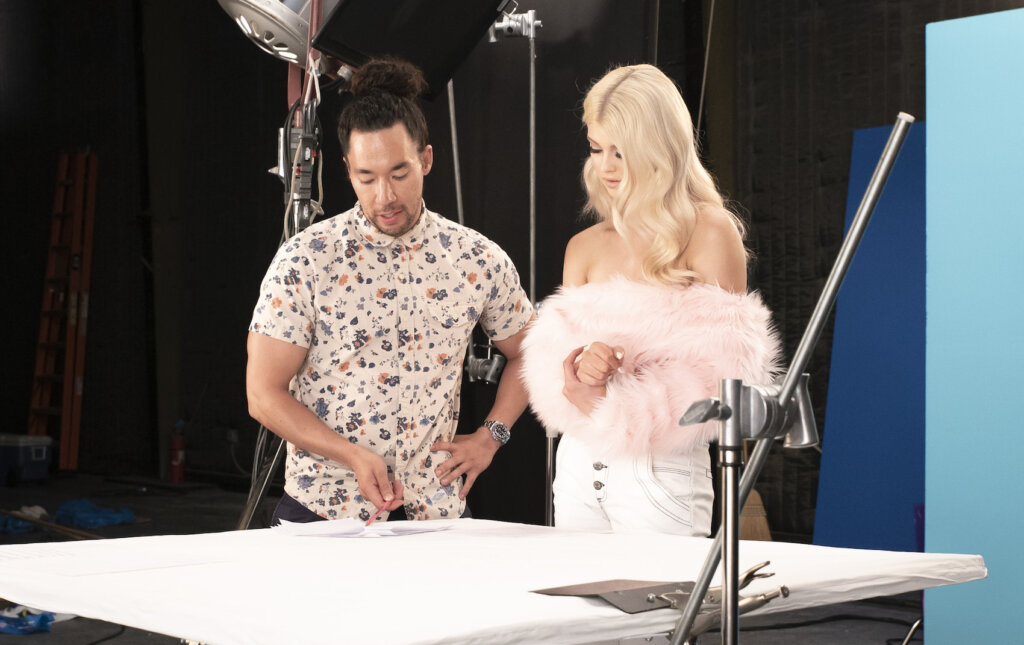
What makes a story visually appealing? What role does music play in storytelling?
Music is everything in storytelling. I’ve seen funny videos where they’ll take a scene from a movie with a very iconic soundtrack, and they cut in some other song that matches the beat and tempo, but a different vibe. And it hilariously changes everything about that scene. I think music really sort of sets the tone and defines how you feel about a scene. I guess that’s an easy way to put it. Music is the most effective way of defining the tone of a scene more than anything else. I think without music you’ll have to work quite hard to convey an emotion. But music can do it almost instantaneously.
What elements do you think are essential for crafting a compelling story?
I mean, a good story is essential for crafting a compelling story. I think it depends on the medium, right? Like if we’re talking about a good Snapchat story and we’re talking about a good feature film story, what are the commonalities? I mean, at some point you have to you have to hook the audience in. You have to have them be invested in what the outcome is. Be that in a 15-second social media story or a 2.5-hour movie. You have to find a way to have people invested in what you’re talking about, which is easier said than done. What else? You have to have some kind of conclusion, I think. Otherwise, it’s not a story. It’s just sort of a walk or a meander. So you have to have a hook. You have to have some kind of progression and a conclusion, which is the corny answer. I’m saying you need a beginning, middle, and end.
How important is music in your work?
Super important. Like I said, it defines the emotional tone of anything. And it can really change how we feel about what we’re viewing. So super, super important.
What advice would you give other filmmaker/creators who are just starting their careers?
Oh, it kind of goes to the creatively inspired and motivated subject. This is work, you know what I mean? I think inspiration is great, but if you wait for it, you’ll never get anything done. So set time aside to work on your craft, and the more you do, the better you’ll get. Do not be precious about it. Like, if you really want a career in something creative, you have to think of it like my career is going to last my lifetime, or at least many decades long. If you want to do this for four or five years, it’s not a career. It’s a thing you did. So if you want a career, you’re going to, in theory, do up to a lifetime of work. And so don’t be precious about it. Just get to making stuff. Don’t think, oh, this first video I make has to be perfect. It won’t be. Even if you do it for 20 years. The thing you make isn’t going to be perfect. You’re always going to be improving, always going to be getting better. So you’re better suited to do a higher volume of work. And that’s the thing that it’s going to get you better and make you find success.
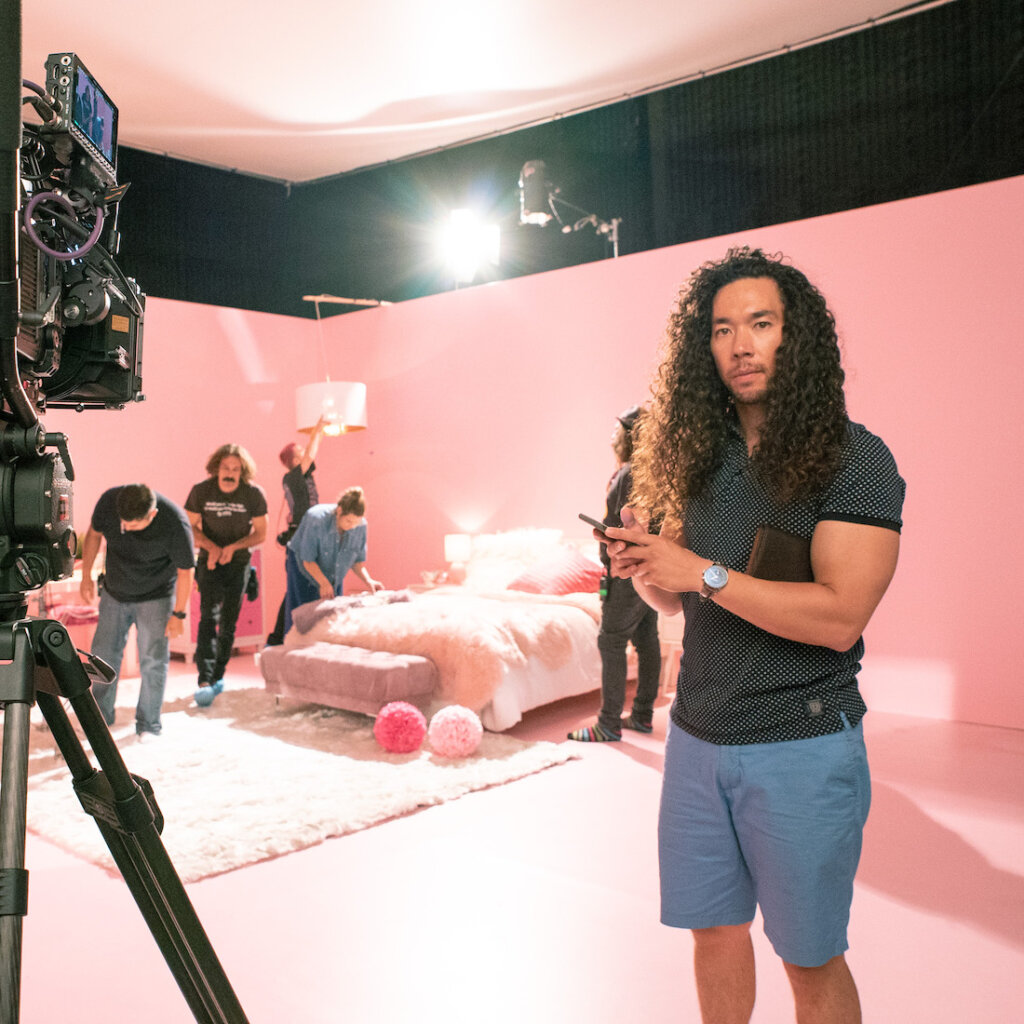
How do you find a balance between pushing boundaries creatively and delivering what your client wants or audience wants to see?
That’s a good question. I like to do jobs where they’re aligned. You know what I mean? Where the client wants my creative input, and so we’re aligned in what we’re doing. I think it becomes problematic when you have different visions, but you know, it’s a job. And I think the tricky thing is pushing where you can, and picking and choosing your battles. There are some things really worth fighting and worth arguing for but sometimes with clients, they just want to be heard. So, you have a concession and a thing that you don’t care about. So then you sort of have leverage to push. And I think that you do care about it. It’s just a balance. And I think that with experience you kind of learn how to navigate that, but you’re always going to have differing opinions on how something should go because if you had the same opinions, they would not hire you. They would just do it. There’s a valuable thing to keep in mind: they’re hiring you for a reason, but also you want to get rehired. So don’t be a jerk when it comes to your creative vision. I tend to be more amicable than stubborn in my creative ways, and that has worked for me in my career.
What is the most challenging aspect of being a filmmaker?
Creative. There’s no playbook. There’s no one way to do this. You can’t say, okay, I did this, so if I do that, I’ll find success, too. There’s just no guide. And I think that makes it challenging and exciting. I also think that in a sense, you have to kind of forge your own path. Also challenging, also exciting. That’s the hardest part.
What’s your favorite project that you’ve worked on?
A lot. I guess one that stands out is all of the California Dreams Tour content for Katy Perry, where I wrote and directed a short film that played throughout her concert. This was a huge collaboration with everybody involved, being that the screen content coordinated with the music, costumes, and lighting, and this was a cohesive thing to create the style and tone for the entire experience. It also had three different screens and different content played on different screens as the story progressed. So this is a mentally challenging thing to both wrap our heads around and then also produce. Editorially, having concurrent timelines, and playing in sync is just sort of technically and mentally challenging. But that’s what makes it sort of the most rewarding and/or my favorite project, I guess.
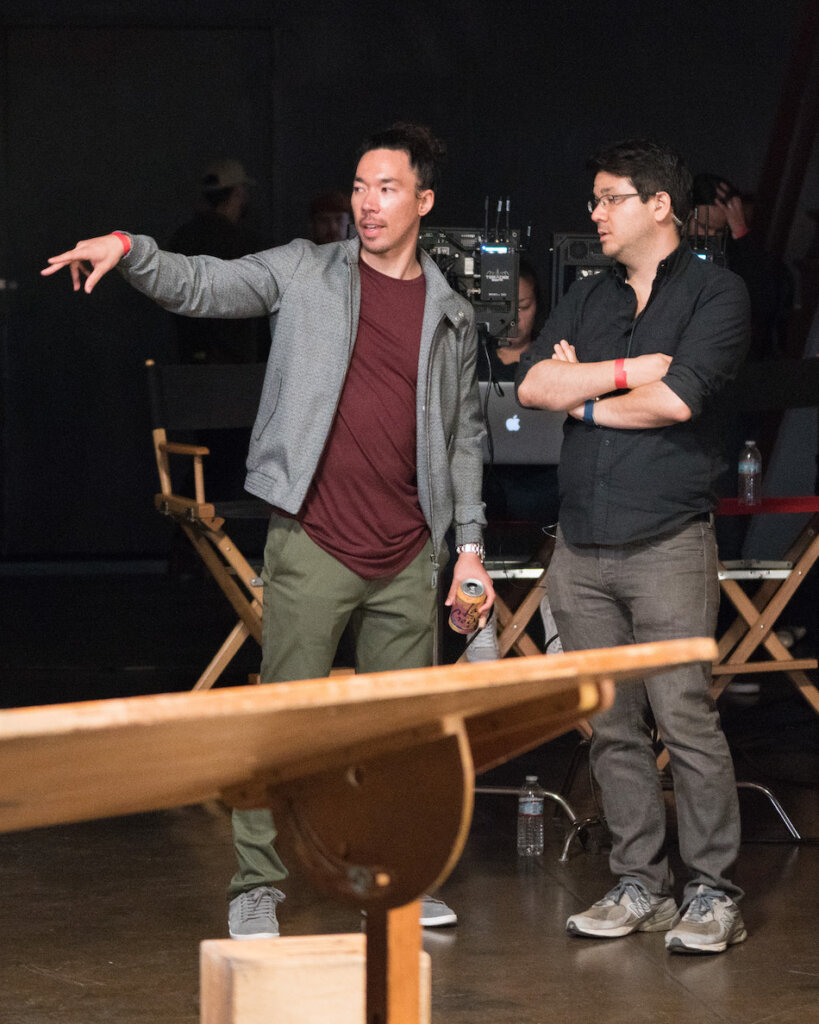
How do you search for music on Musicbed? What tips do you give other filmmakers to search on Musicbed?
Honestly, I don’t know how I search for music, but I poke around until I find the best thing. I like playing with the genres, style, and tone. I like playing with the filters in a somewhat haphazard, random way where I kind of click a few things. I select whatever the parameters are that I’m inclined to feel the song I’m looking for—the song I’m hearing in my head—and then I just poke around. If I find a good artist, I’ll search for that artist to click on the things. And I just keep poking and listening. Because I find that you kind of want to make it broad, play around and poke around and listen, and that is kind of fun. And I’m always on the lookout for other things. I’m really on the lookout for things that I like when I’m on Musicbed. And so, yes, I might be on that site for a specific piece of music, for a specific part in a job or edit or creative thing. But I always like listening for cool stuff. I’ll go in for one song and I’ll save ten. The songs may be wrong for this project, but I like the vibe and I’ll save them for later. And now I have this huge folder of music that I love, and I start there now. I poke around my recent 30 tracks. And then if it’s not anything interesting, I go to the site and find some more.
Why do you utilize Musicbed in your work?
Because it’s easy. It’s great. Like, the quality of the music is great. The variety is great. The ease of use is huge. Like pulling files off of an annoying website would prohibit me from doing it. And Musicbed makes it quite easy to sort of organize and find stuff. So it’s fantastic. And the music’s good. That’s the bottom line. The music is good.
–
Explore a curated playlist of Cole’s go-to music for his work—electronic indie-pop, uplifting scores, and more—only available to license on Musicbed.















































































